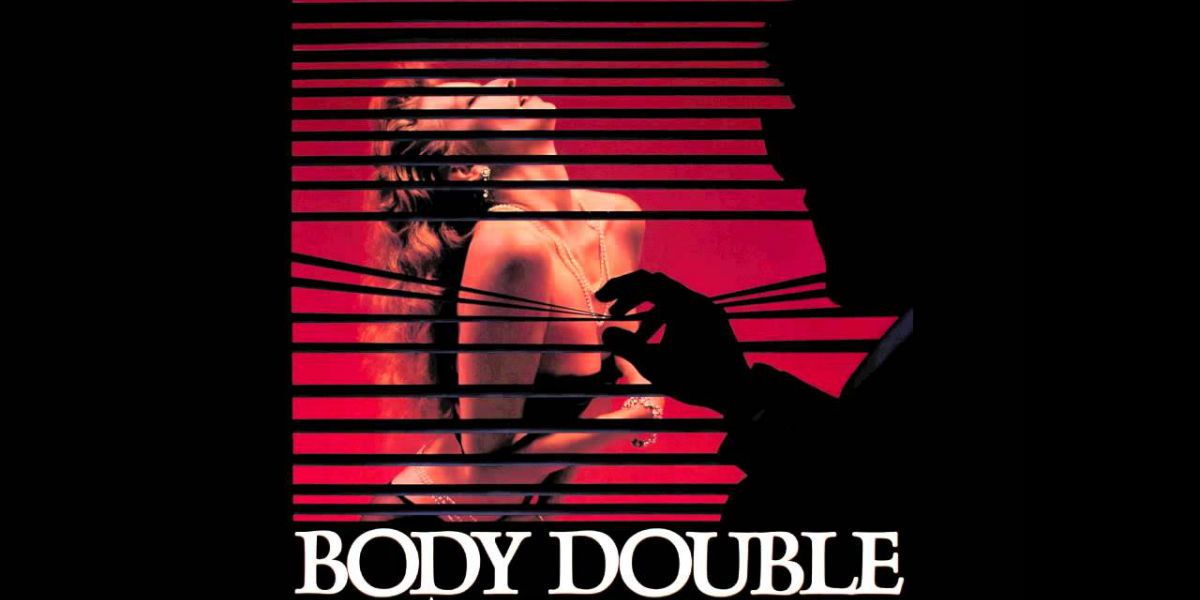Body Double is a 1984 psychological thriller film directed by Brian De Palma, considered one of his most daring and controversial works. The film subtly combines elements of thriller, detective and eroticism, with a strong Hitchcockian style but still clearly showing De Palma's personal mark, especially in the use of images, music and innovative cinematography.
The story revolves around Jake Scully, an unemployed actor who is in crisis in his career and personal life. While in despair because his girlfriend betrayed him and he lost his place to live, he is unexpectedly offered to look after his house by a strange man named Sam Bouchard. Here, Jake begins to secretly observe an attractive woman every night through binoculars, and then he witnesses her brutal murder. From an unwilling witness, Jake is drawn into a tangled plot involving pornography, deception and murder. He gradually discovers that what he sees is just part of an elaborate plan to manipulate and exploit him.

The most outstanding feature of Body Double is the way director De Palma uses cinematic language to tell the story. He uses long shots, smooth transitions, sensual lighting and music by Pino Donaggio to create a dark, mysterious atmosphere. The film is not only a conventional thriller but also a reflection and satire of the entertainment industry, especially the world of cinema and adult films in Hollywood in the 1980s.

Although controversial when it was first released because of its hot and violent scenes, Body Double has been appreciated over time for its creativity and artistic depth. The film is not only a journey to find the truth, but also a warning about media manipulation and the price of losing the line between reality and fantasy.

In short, Body Double is a unique film, stimulating both visually and intellectually. With its blend of classic Hitchcock style and modern daring, this work deserves to be a dark gem in Brian De Palma's career and an unforgettable highlight in the psychological thriller genre of the 80s.


